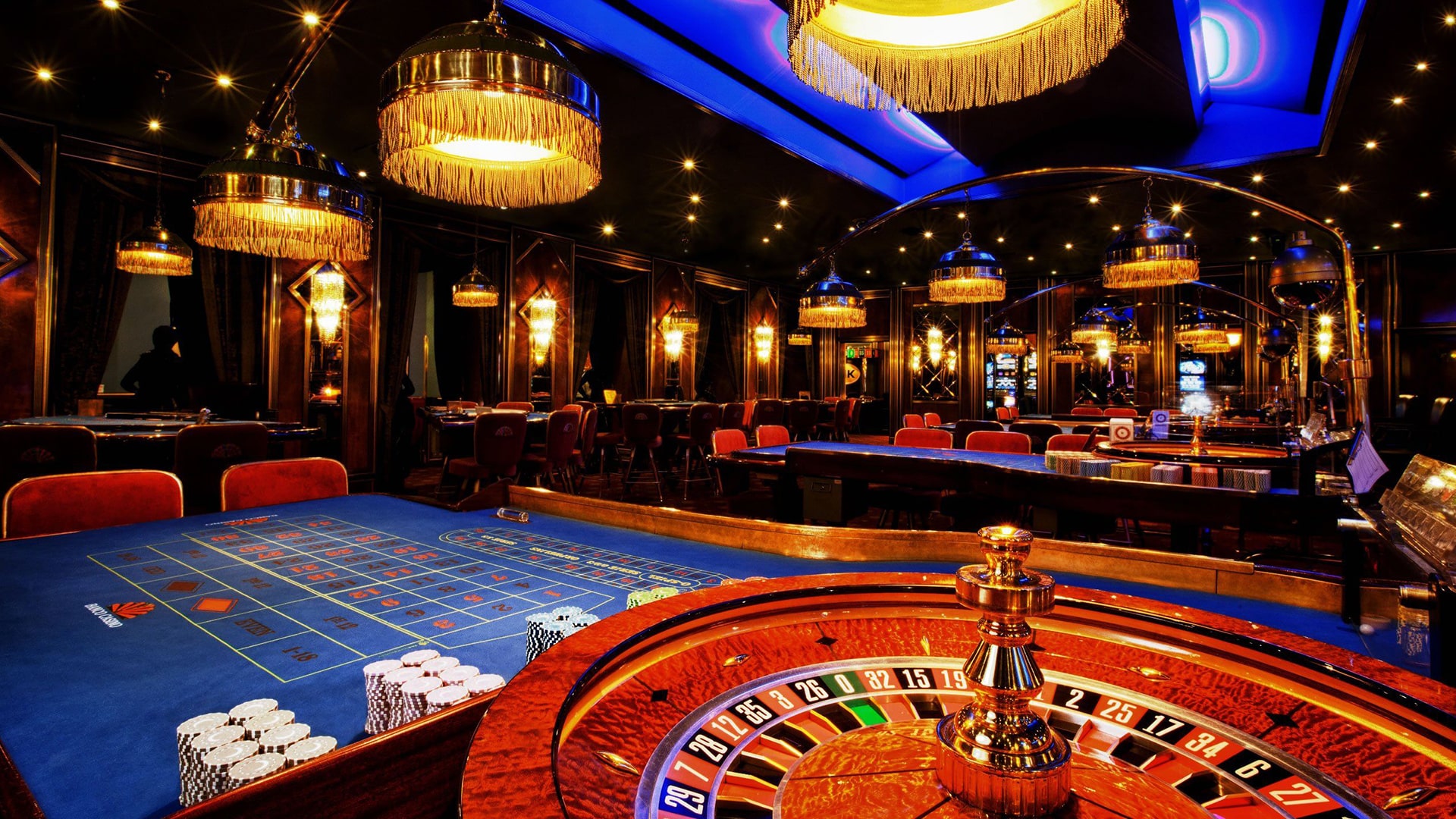When we think of casino games, the first pictures that frequently come to mind are those of rotating roulette devices, poker tokens clattering on felt surfaces, and cubes rolling across a betting area. While numerous view these games as mere pastimes fueled by luck, a more profound exploration reveals a fascinating blend of tactics, skill, and community engagement that elevates them well beyond simple chance. Whether you are a seasoned player or a inquisitive newcomer, understanding the nuances of these activities can significantly enhance your enjoyment and appreciation.
Gambling games have developed over centuries, with different cultures contributing to their rich backgrounds and different forms. From the intricate strategies of blackjack to the deception tactics in poker, players engage in a battle of wits as much as a gamble on odds. This dynamic interplay between luck and skill creates a exciting atmosphere that draws millions to gambling establishments worldwide. As we explore the realm of card activities, we will uncover the methods that can tilt the odds in your favor and the social aspects that make these activities a favored choice for entertainment and interaction.
A Strategy Behind Table Games
Casino gaming often combine a blend of skill and chance, which makes them intriguing for players who like a test. Every title has its own set of rules and tactics that can influence the results. For instance, in games like 21, participants are obliged to use tactics like counting cards and grasping the odds to make informed decisions. This skill set can greatly improve their victory potential, distinguishing seasoned participants from novices who may depend entirely on chance.
In contrast, games such as roulette may appear to be entirely based on chance, but tactical thinking can also come into the equation. Players can select between different betting tactics, such as the Martingale system, where they raise their wagers after a loss. This approach can establish a more methodical approach to the activity. Understanding the probabilities of specific wagers can also assist players make smarter decisions on the table, showcasing that even games of luck, tactics can enhance the experience.
Furthermore, poker stands out as a title that heavily focuses on tactics. In contrast to most gaming titles, the game of poker combines skill, psychology, and chance. Participants must also concentrate on the hands they are given but also consider their rivals’ actions and betting patterns. Mastering concepts like table position, pot odds, and reading bluffing is crucial for success. This complexity of tactics in the game of poker often creates to a more immersive encounter for players, where the decisions and abilities greatly affect the game’s outcome.
Understanding Chance and Ratios
In the realm of gambling matches, likelihood and odds have a vital role in determining a player’s potential results. Every match has its own collection of rules that dictate how the chance of succeeding or failing is measured. For instance, in games like blackjack, participants have a chance to affect their ratios through strategy, whereas in matches like roulette, the results are purely governed by luck. Grasping how these chances are calculated can greatly impact how a gambler tackles the game.
Odds are typically expressed in two forms: ratio and decimal. F168 NEWS Fractional odds show the ratio of the amount gained to the amount bet, whereas numeric ratios show the total return for a winning wager, which includes the initial bet. For instance, if a match has ratios of 5 to 1, this implies that for every one unit staked, a gambler could win five dollars if successful. Understanding how to interpret these odds enables gamblers to evaluate their potential winnings and make more informed decisions during play.
Gamblers should also be aware of the casino advantage, which is the casino’s inherent benefit over the gamblers. Each match has a distinct house edge, and grasping this concept is important for controlling one’s hopes and funds. Games with a lower house edge, such as 21 and chemin de fer, typically offer better odds for gamblers compared to games like slots and keno. By understanding the connection between chance, ratios, and the house edge, gamblers can enhance their gaming engagement and plan more effectively.

The Aspect of Table Gaming
Table games at gaming establishments are often seen as a center of community engagement, drawing participants together in a collective experience that extends far beyond the mere act of playing games. The atmosphere at a poker table can be vibrant, with gamblers engaging not only with the game itself but also with each other. Joy, excitement, and, occasionally, friendly banter create connections that improve the overall experience of the gaming experience. This communal aspect can turn a alone endeavor into a lively social event, making table games particularly appealing.
One of the fascinating elements of table gaming is the way it cultivates friendship among participants. Whether it’s collaborating to beat the dealer at a dice table or exchanging tales between hands in a poker game, the environment encourages communication. Participants often share advice or tactics, creating a sense of togetherness that enhances the fun. This interpersonal atmosphere can make new gamblers feel welcomed and less daunted by the competitive nature of casino games. As the game progresses, friendships may form, leading to a sense of connection that keeps players coming back to the table.
Moreover, the social aspect of gaming at tables extends beyond just the participants. Casino staff play a vital role in facilitating interaction and maintaining the flow of the game. Their ability to engage gamblers with warm dialogue and their expertise in managing the table can create an inviting atmosphere. This relationship between participants and staff adds another layer of enjoyment, where players feel connected not only to one another but also to the staff. Such interactions are often what make the experience unforgettable, as participants leave with stories to tell and connections made, reinforcing the notion that gaming at tables are truly about more than just chance.